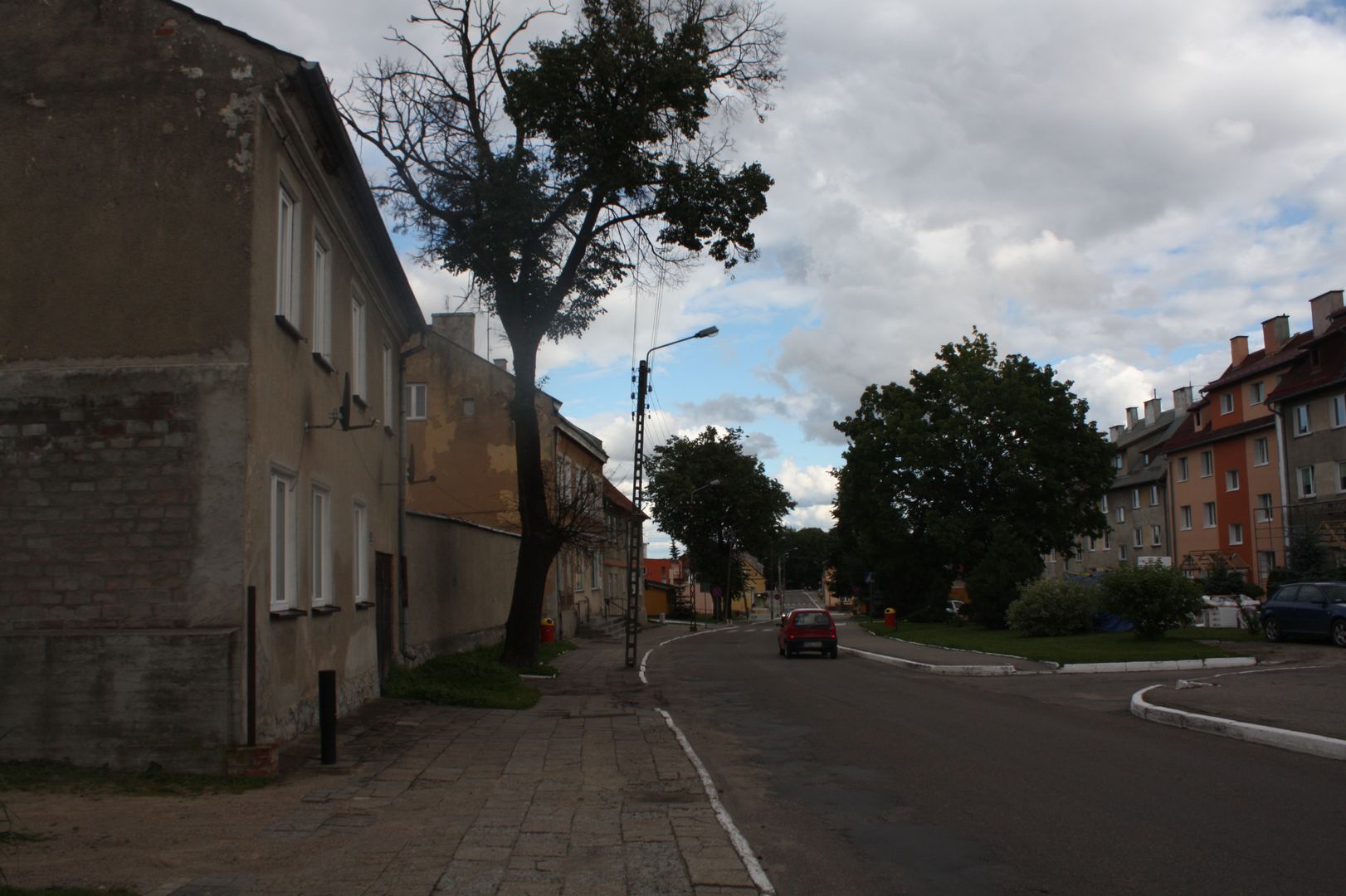Barciany
6.23

Overview
Barciany is a village in the Warmian-Masurian Voivodeship, in Kętrzyn County. It was formerly a town, having received its town rights in 1628, but was demoted to a village in 1945. The settlement served as a stronghold center for the Old Prussian tribe of the Bartians, with the first records of the settlement dating back to 1289. Over the centuries, Barciany went through various administrative stages—it was under the rule of the Teutonic Order and later became a Polish fief in 1466. Modern-day Barciany boasts several historical monuments, including a 14th-century Gothic church and a castle that has been repeatedly rebuilt and changed owners over time. The church features a valuable altar from 1643 and Baroque organs from the mid-18th century, with its architecture characterized by stylish Gothic and late Renaissance details. The castle, originally intended to be a commandery, was transformed into an elegant residence and remained in private hands from 1842 onward. After World War II, the castle was converted into the headquarters of a state-owned farm (PGR) and is currently undergoing renovation with plans to become a hotel. Barciany has been an important location with a rich history, preserving traces of ancient Prussian peoples, such as the “Baba” statue, along with interesting legends linked to the chieftain Barto. The village is home to both Catholic and Evangelical churches, reflecting its cultural diversity. Lubomir Gliniecki, a member of parliament born in Barciany, is further evidence of the village’s significance in a broader historical context. Although World War II caused significant destruction, the architectural and cultural heritage of Barciany has endured, making it a place with a fascinating past and a living identity.
Location
2026 Wizytor | All Rights Reserved